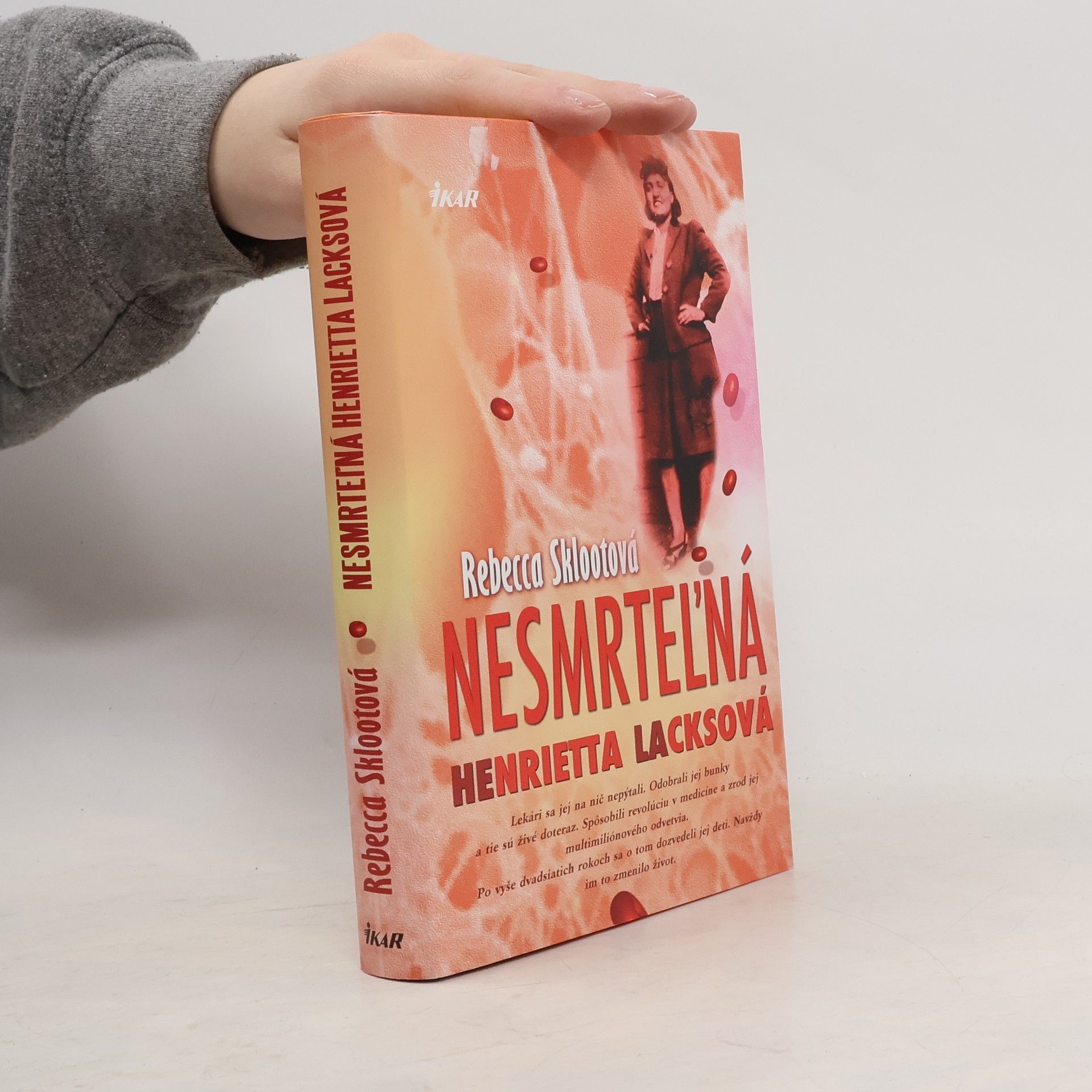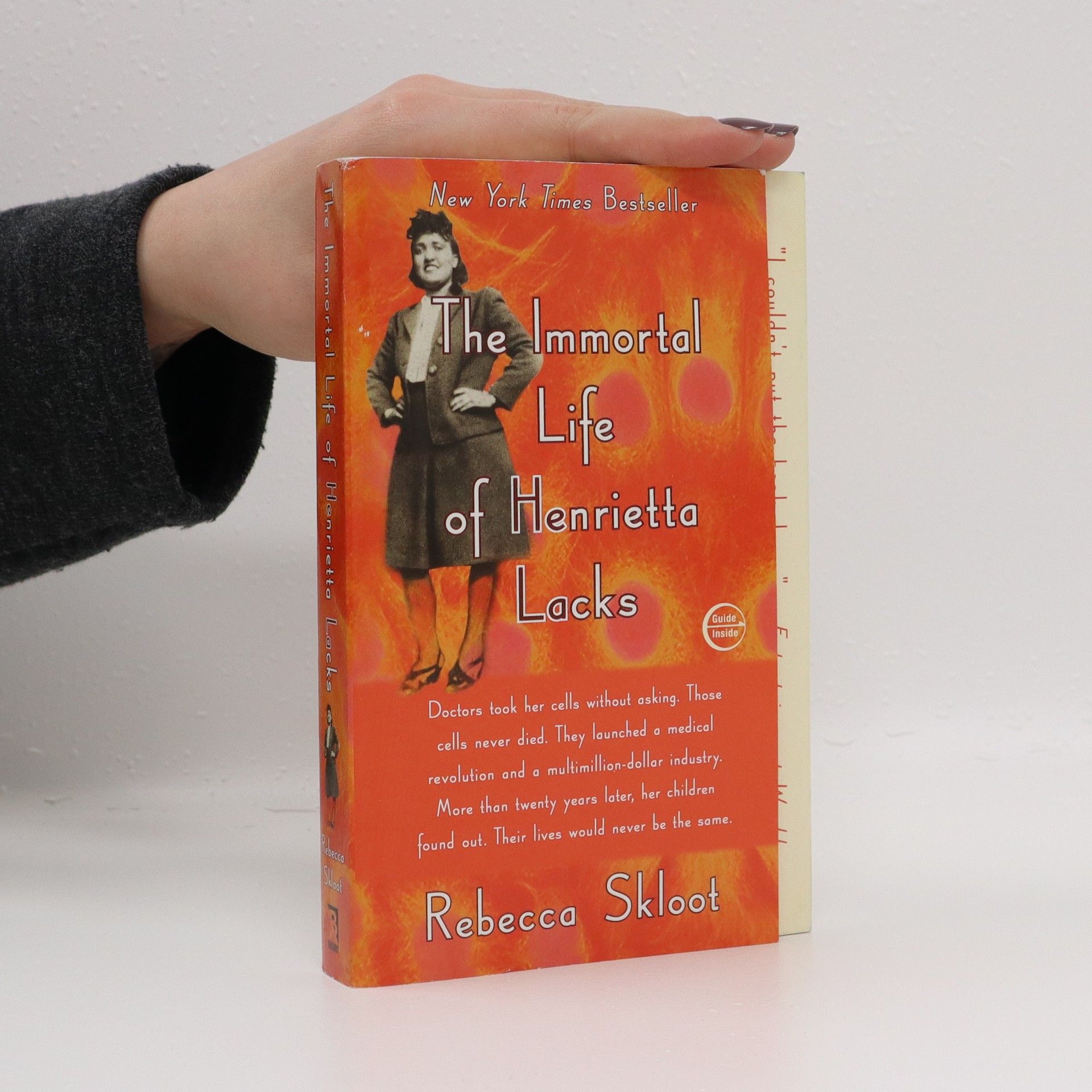The Immortal Life of Henrietta Lacks. Young Reader's Edition
- 256 pages
- 9 hours of reading
A middle-grade adaptation of Rebecca Skloot's critically acclaimed, New York Times nonfiction bestseller Henrietta Lacks was a poor Southern tobacco farmer who worked the same land as her slave ancestors, and whose cells--taken without her knowledge when she was treated for cancer in 1951--have become one of the most important tools in medicine. The Lacks family did not learn of Henrietta's cells until 20 years after her death, but these first "immortal" human cells grown in culture are still alive today: they've been bought and sold by the billions and have been vital in fighting polio, cancer, and many viruses. This incredible book explores race, bioethics, scientific research, human rights, the power of family, and the question of whether we control the very cells we're made of.


